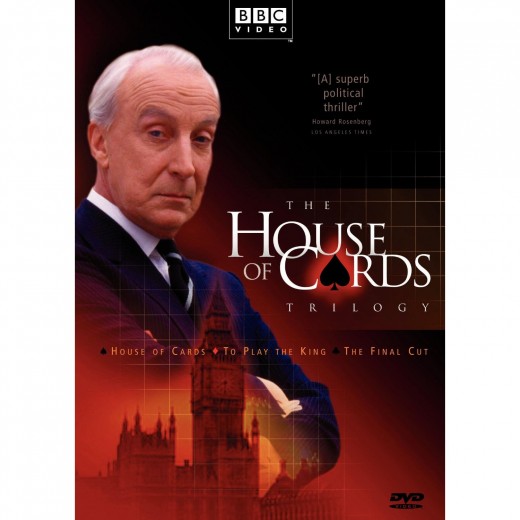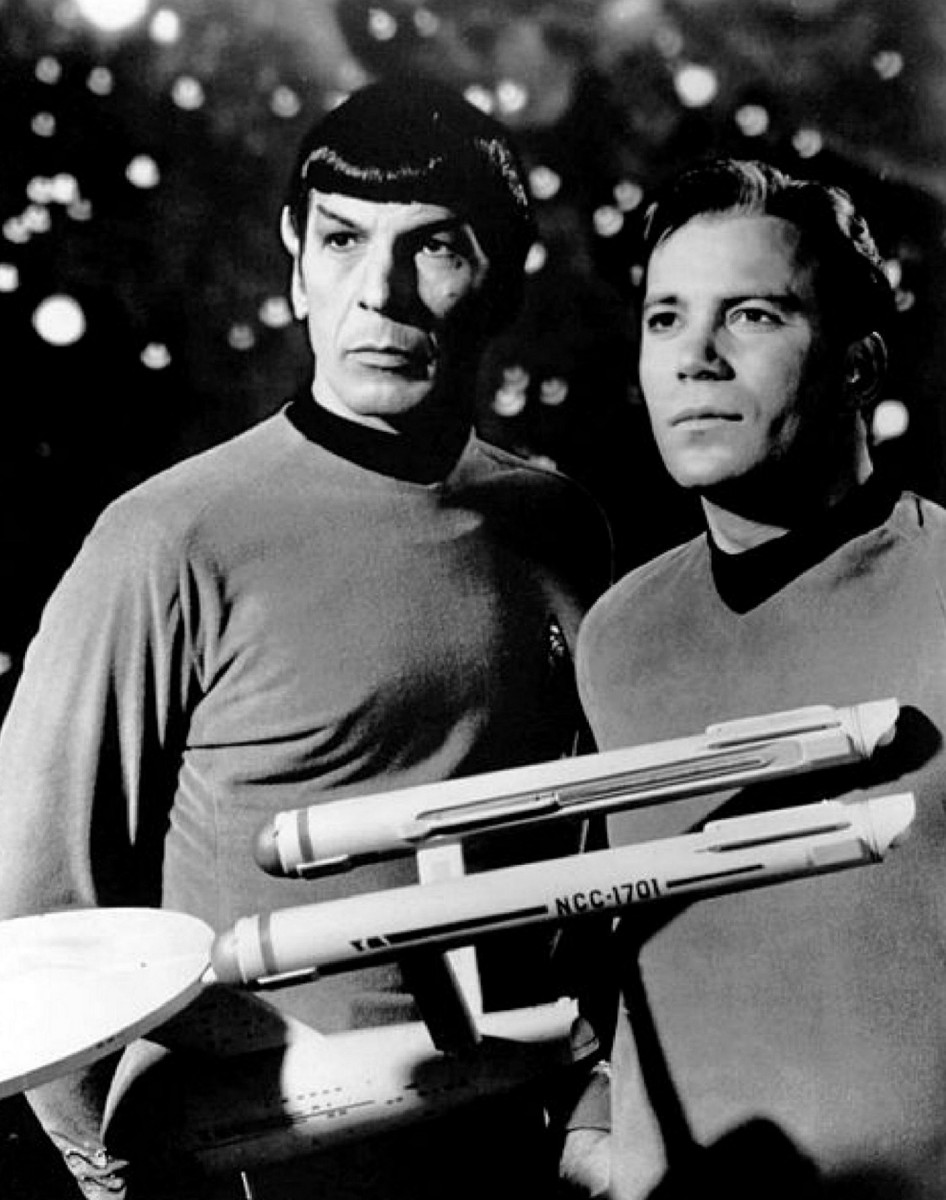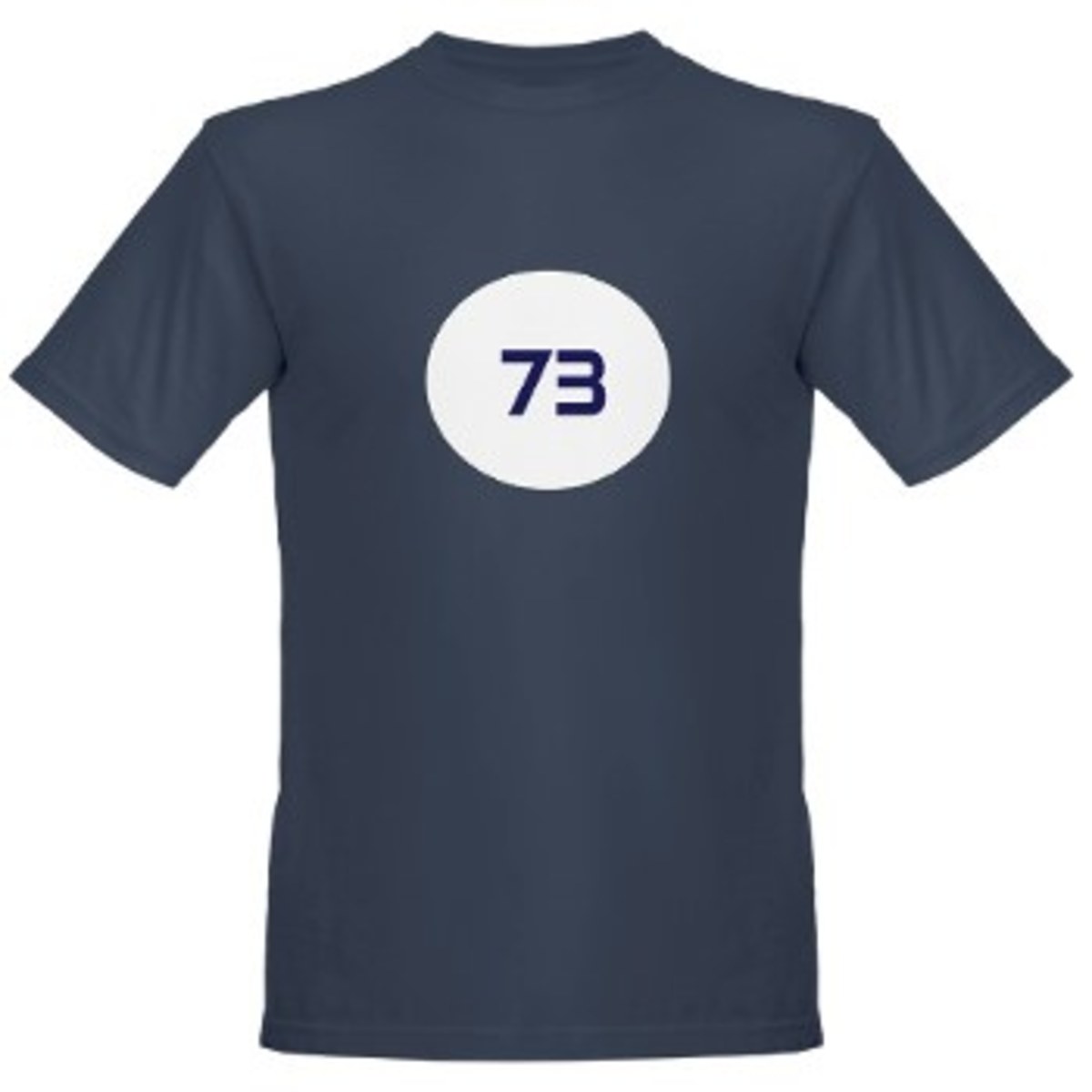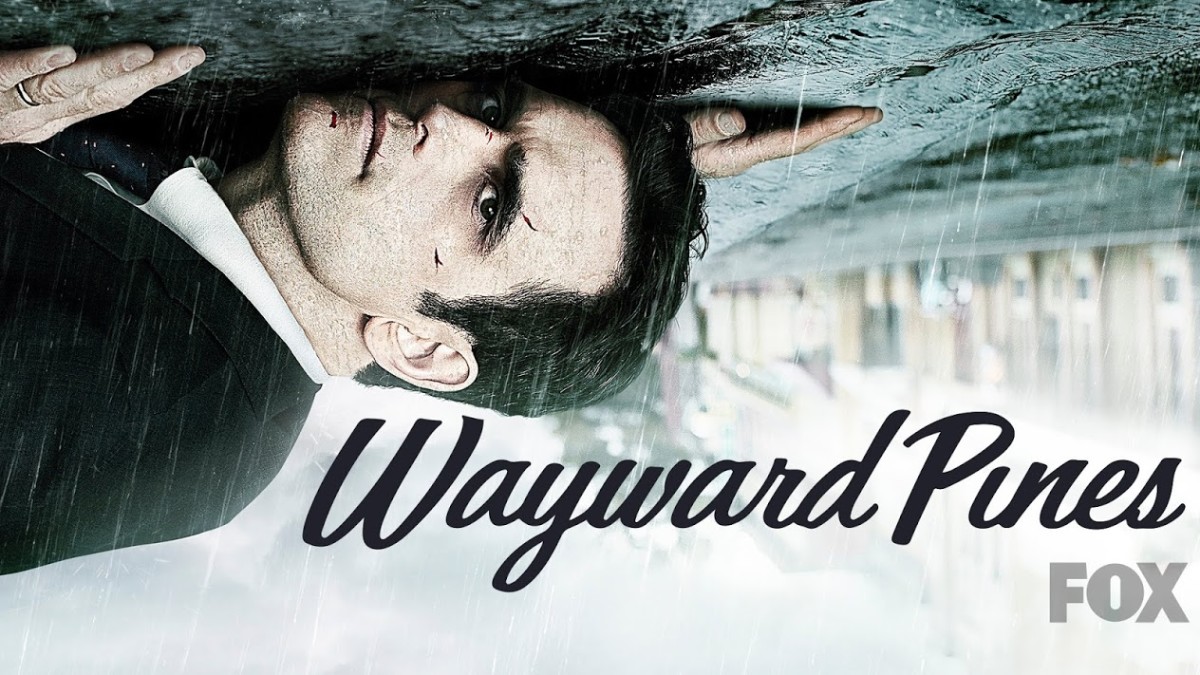House of Cards: Comparing the BBC Version with the New Netflix Original Series
In February, Netflix released it's first original series - House of Cards. The series stars Kevin Spacey, and it follows the political exploits of Representative Francis Underwood, Majority Whip for the Democratic Party.
It's also based on the same set of novels that gave life to the BBC Mini-Series, House of Cards, that was released in 1990. That series followed the political exploits of one Francis Urquhart, a British MP and Chief Whip.
The premise is the same, but the two series are set two decades apart in two similar yet unique political settings. So how do the two series compare with each other?

Different Settings, Different Characters
The main characters in the Netflix series and the BBC mini-series share a few key characteristics - their initials are F.U., and they are both "whips" in their respective legislatures. They also share a certain lust for power. There are, however, a few differences between them.
Francis Underwood is the main character of the Netflix original series. He is the Majority Whip of the House of Representatives. He's an American, and he's an elect member of the House of Representatives.
In the Netflix series, a Democratic President has just been elected, and Underwood played a critical role in the election. His true ideology is not that apparent, as his lust for power tends to color his politics. However, he comes across as a fairly centrist democrat. He shuns the liberal wing of the democratic party, but he's certainly no hardcore Republican either.
This sets up one of the key differences between the two stories. In the BBC series, Francis Urquhart is the Chief Whip of Parliament, but he is a leader in the Conservative party. The party has just gone through a battle to determine the successor to Margaret Thatcher, and Urquhart is a far right, hardline conservative. This contributes to making his character somewhat less likeable than Underwood.
They're both somewhat evil and opportunistic, but (maybe because I'm a democrat), Underwood just seems somewhat more likeable.
A Few Other Comparisons
Besides the dominant political parties, let's talk about a few other comparisons between the characters and plots of the two series.
Frank's Background. In the BBC series, F. U. is an upper class Scottish man. He makes a point, early in the series, of remarking how unclassed and base the new Prime Minister is. Later, he mentions that his family came south with James I, indicating that his family can lay claim to several centuries of government service. He is restrained and proper, even as he is ruthless and evil.
In the Netflix series, F. U. is from the Carolinas. He talks with a slow drawl, and he has some of that Southern royalty in his attitude. Again, he's proper and restrained, although he has some private moments of outrage. His locale creates a character that echoes that of Urquhart, even if Underwood's politics are decidedly different.
The Journalist. In the BBC series, the "journalist" is Maddy. She falls in love with Francis, and she uses him to advance her career. However, she's stymied by her boss, and she comes across as a fairly powerless person. She's dominated by Urquhart and her boss, and her publisher does run her work it's because it suits his purpose. She's very much a pawn in the game, and she's a sympathetic but sorry character.
Zoe Barnes, the journalist in the Netflix series, is radically different. While she falls for Francis, she is a far more powerful creature. She asserts herself in their relationship, and when her editor tries to stand in her way she sets out on her own. She's supported by her female publisher, and she eventually goes to another media outlet with an even stronger female owner. In all, she is a much more assertive character, and she's part of a larger pattern of stronger women in the Netflix version.
F. U.'s Wife. In the BBC version, F. U.'s wife doesn't really do much. She supports him. She goes to the country when he wants to see his mistress. She encourages him to pursue his political goals and grab for power. But otherwise, she's very much subordinate to Francis, and she doesn't really exist if it weren't for him.
In the Netflix version, F. U.'s wife is a much more complicated creature. She runs a large environmental charity, and part of her success seems to be based on her husband's political power. While she supports Francis in his political plots, she is also firmly committed to her own success. Later in the series, this arises as a point of great tension between them. Although she allows Francis to have a mistress, she has her own man on the side. All in all, the Netflix version of Francis' wife is far more independent, assertive, and powerful. She, like the journalist, helps establish a pattern of strong women in the series.
Time In... Congress. Both Franks hold roughly the same position - Whip. Their job is to keep the "troops" in line (as Urquhart likes to say), and ensure that their party votes for legislation when they're needed to. This involves a lot of behind the scenes work, so it's understandable that little of the action actually takes place on the legislative floor. In the Netflix version, there is absolutely no footage (other than a quick shot, shown on a tv, of voting in the House) of actual legislative debate or House proceedings. There's one committee hearing, but otherwise I don't recall any "legislative" work.
In the BBC series, there's a little more focus on the actual work of Parliament. They never show actual debate or voting, but there are several clips of the Prime Minister's questions. This is a weekly occurrence in British politics, and the MPs get to ask the PM questions and listen to his (evasive, self serving) answers. There's even, in the second part of the mini series, a brief clip in the House of Lords. All in all, legislative floor proceedings play a minor role in both versions, but they are almost completely absent from the Netflix version.
So Which Version is Better?
Well, good question. Reading reviews on Netflix, some people didn't like the newer, American version. But, the ratings on IMDB give the American version a 9.0. I have a hunch that different people will have different opinions.
Personally, I think they're both excellent but they're slightly different. In both stories, F. U. is a ruthless politician that grabs at power and does whatever he can to seize more power. I do find him more likeable in the American version, but both versions of F. U. are fairly likeable while they're clearly "evil."
The American version does have much stronger female characters. The only real substantial female character in the British version is the King's assistant press secretary, and she doesn't exist until the second part of the mini-series. Compare this to the characterization of the journalist, F. U.'s wife, and the Chief of Staff in the American version and you have much stronger women.
I also find the timing interesting. In the BBC version, F. U. rises to power in the first part of the mini-series, setting up a second part where he struggle with the reality of being PM. In the American version, Underwood makes a lot of political move and positions himself to possibly become Vice President (and later President), but he has a lot of moves left to make. The entire first season, 13 episodes, seems to move slower and accomplish less than the shorter, 4-hour season of the BBC mini-series.
At the end of the day, I enjoyed both. I'm a self-confessed political junky, and I'm a teacher of politics. I appreciate the differences between the American and British systems of government, and I love both series for being an interesting (if fantastic) depiction of business as usual in their respective governments.
I think some of the people who are critical of the American version but love the British version forget how different our (seemingly similar) political systems are. The American version is an excellent portrayal of life in Washington, and there are some necessary differences from the BBC show. I watched both shows, I loved both, and you should to. I don't see any reason to dislike either.






